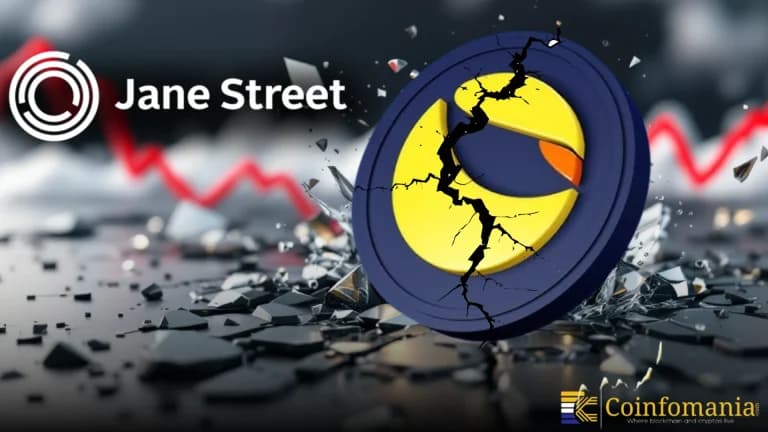Bloomberg Editor Gives 6 Reasons Why It’s Been a Bad Year for Bitcoin
By
Ruth Shadrac
Bloomberg’s editor, Joe Weisenthal, has shared six reasons why he thinks 2020 has been a bad year for Bitcoin in terms of market performance. Bitcoin started the year with a promising performance after it was awarded the best performing asset of the last decade. However, following the market crash on March 12, the king coin […]

Bloomberg’s editor, Joe Weisenthal, has shared six reasons why he thinks 2020 has been a bad year for Bitcoin in terms of market performance.
Bitcoin started the year with a promising performance after it was awarded the best performing asset of the last decade. However, following the market crash on March 12, the king coin has been struggling below $10,000.
Weisenthal described the year as a disappointing one for the world’s most popular crypto asset while giving the reasons why he thinks so.
According to him, despite the “extraordinary volatility” the crypto markets have experienced this year, Bitcoin has failed to surge to new highs. The coin continues to record general trends of lower highs amid the COVID-19 pandemic, and this undermines the argument that Bitcoin booms during economic crises, he said.
Bitcoin a poor portfolio diversification?
Next, Weisenthal notes that the crypto asset followed the same direction with the S&P 500 during the market slump in March. Although Bitcoin started the year with a bullish momentum, the cryptocurrency plunged during the global financial market crash. It then rallied during the rebound but slumped again several times and over the last few days. This, according to Weisenthal makes Bitcoin a poor asset for portfolio diversification.
Despite this argument, earlier reports revealed that Bitcoin outperformed the S&P 500 by 34% on a Year-To-Date (YTD) basis. Additionally, America’s biggest bank JP Morgan Chase released a report earlier this year, saying Bitcoin and crypto-assets should be in investors’ portfolios.
Crypto-assets have a place in investors’ portfolios only as a hedge against a loss of confidence in both the domestic currency and the payments system, Chase said.
Weisenthal’s third reason was about Bitcoin’s digital gold status. He asserted that Bitcoin’s performance this year roughly correlates with Ether’s, which takes away the argument that it “has distinct ‘digital gold’ characteristics that will separate it from other cryptocurrencies in a crisis.”
Weisenthal: Bitcoin halving had no impact
He then talked about the recent Bitcoin halving which occurred on May 11. Before the event, many experts and analysts predicted that the halving would be a catalyst for a bull run. Weisenthal argued that the event “came and went without.”
However, what Joe Weisenthal failed to understand is that each of the past halving events was a price booster in the long term rather. Take the second halving that occurred in July 2016, for example. The price during the halving was $650, but by December 2017, Bitcoin traded at almost $20,000. It is just a little over a month since the third halving occurred.
Weisenthal’s fifth argument is that the continuous money printing escapade of the Fed and other governments around the world has not led to the “kind of inflation or currency collapse that many Bitcoiners would have predicted.” This according to him, takes away the stories that such excessive balance sheet expansion would give Bitcoin a boom.
Lastly, he argued that young investors are getting to know about the stock market from crypto trading platforms like Robinhood, and some of the money going into Bitcoin because of the volatility and price action, are now entering the stock market.
Follow us on Google News
Get the latest crypto insights and updates.


